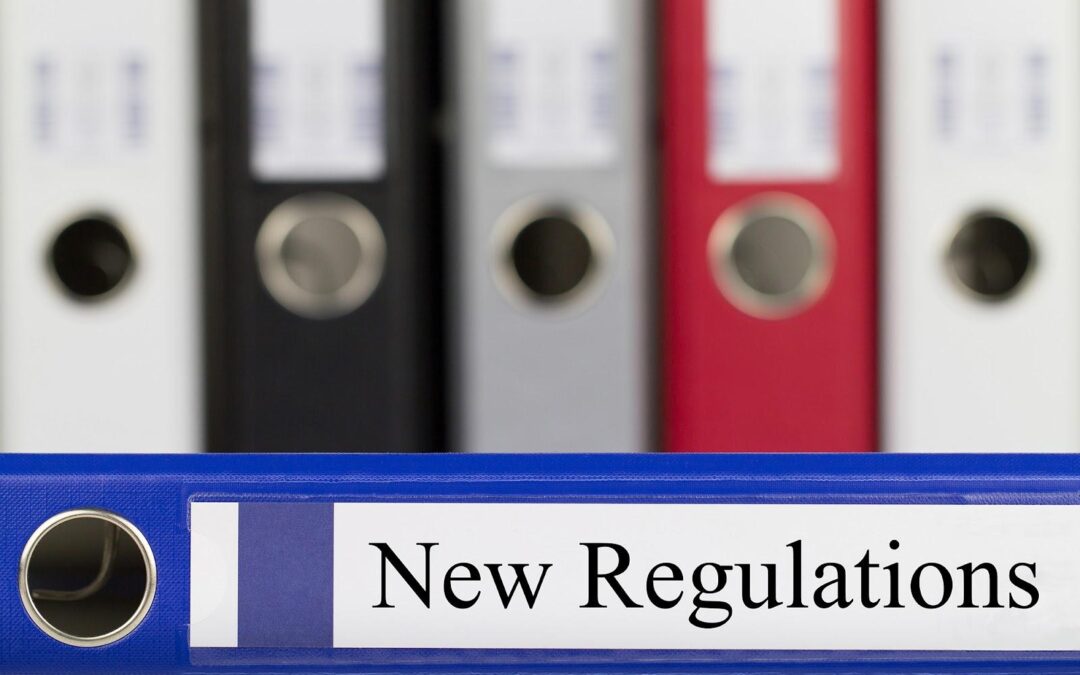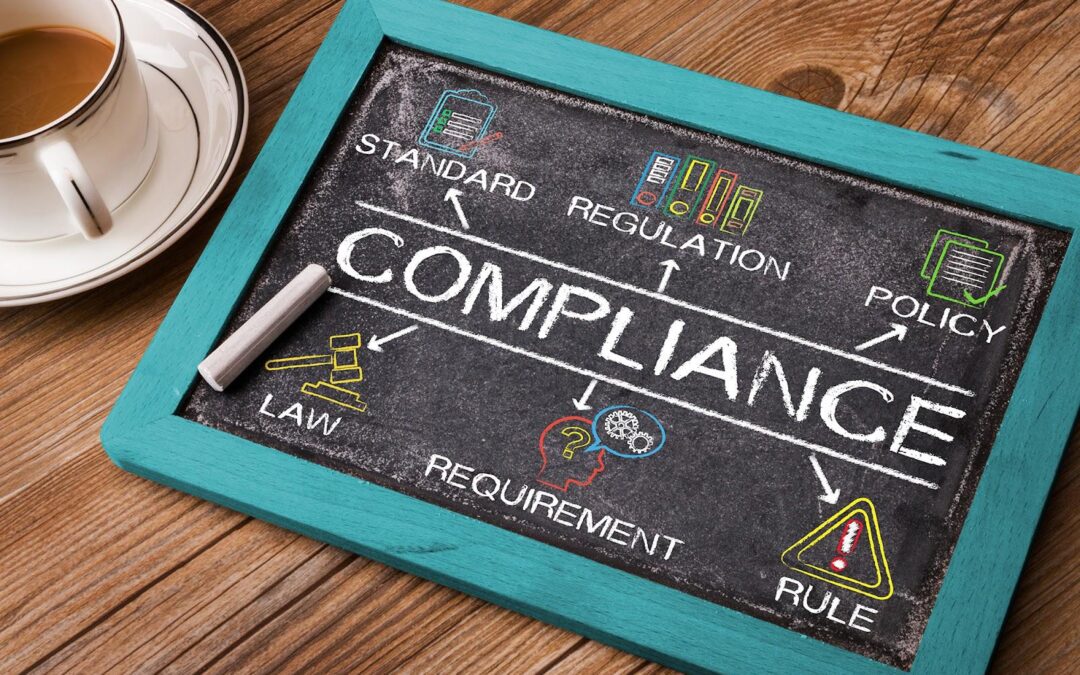
Legal compliance is an important part of HOA governance. However, it can be challenging—especially when a new law is passed and no one in the community has any experience with it. That is the case with the newly passed Corporate Transparency Act. What are the BOI reporting requirements under the Act? Here’s what you need to know.
BOI Reporting Requirements: What are They?
The Corporate Transparency Act (CTA) came into effect on January 1, 2024. Under the law, various organizations, including homeowners associations, are required to file certain information with the Financial Crimes Enforcement Network (FinCEN).
HOAs must follow FinCEN reporting requirements for 2024 to avoid paying hefty penalties. To do this, they must file a Beneficial Ownership Information (BOI) report. It should contain information about the association’s beneficial owners—those who exercise a lot of control over the community.
Apart from the beneficial owners, the person submitting the form (called the company applicant) must also provide their name and email address to FinCEN. They are responsible for filing and often act as either the direct filer or the one controlling the filing action.
Who are Beneficial Owners?
According to the CTA, beneficial owners are individuals who, directly or indirectly, wield considerable control over the association. This includes those who own at least 25% of the community’s interests.
To put it differently, anyone who owns 25% of the properties in the community is a beneficial owner. Board members also qualify as beneficial owners because they exercise substantial control.
Who else is a beneficial owner? Key decision-makers, senior officers, and those with authority over the officers and directors may be considered beneficial owners. It can be hard to establish who these people are, especially in large HOAs with complex corporate structures.
If an HOA is unsure about whether someone is a beneficial owner, a good rule of thumb is to report that person’s information simply. No penalty will come from over-disclosing information.
Who are the Company Applicants?

A company applicant is the person who directly filed the BOI reporting requirements with FinCEN. It can also include those who direct or control the filing process. Typically, the person who filed the community’s formal documents with the Secretary of State will be the company applicant.
For HOAs, company applicants can include registered agents, HOA attorneys, and HOA formation professionals. The company applicants must disclose information similar to beneficial owners. However, they must provide a business street address instead of a personal address.
What Documents are Required for BOI Reporting?
Homeowners associations may file their FinCEN reporting requirements through FinCEN’s BOI E-Filing Portal. The agency allows HOAs to file directly online or by submitting a PDF document. Unfortunately, filing requirements cannot be mailed or faxed to FinCEN directly. The E-Portal is the only way HOAs can file their reports.
Filing directly online means the HOA will fill out an online form with complete information and submit it to FinCEN. Alternatively, HOAs can also take their time by using the PDF document. This will allow them to gather the information slowly and upload a finalized version in PDF format. Regardless, both will ask for the same information:
Reporting Company
- Complete legal name
- Trade or “doing business as” name
- Present address in the United States
- Jurisdiction of Formation
- Taxpayer Identification Number (TIN)
- Employer Identification Number (EIN)
Beneficial Owner and Company Applicants
- Complete legal name
- Birthdate
- Complete current address
- Distinct identifying digits and issuing jurisdiction from one of the unexpired records:
- United States passport
- Identification document issued by the Indian Tribe, local government, or state
- State-issued driver’s license
- Foreign passport (if none of the above are available)
- An image of the document with the unique identifying number
HOAs may also provide a FinCEN identifier for company applicants or beneficial owners instead of the above information.
When is the Filing Deadline?
Homeowners associations formed before January 1, 2024, must file their BOI reporting requirements with FinCEN by January 1, 2025. However, the deadline is much tighter if the association had been created after January 1, 2024. They have to file their BOI reports 90 days from the date of formation.
Meanwhile, HOAs created after January 1, 2025, will have an even smaller filing window. These associations must file their report within 30 days of their formation date.
Apart from the initial filing, all homeowners associations must file any changes to their report within 30 days of the change. This includes any changes in the identity of beneficial owners and any changes in their personal information (e.g. if they’ve changed addresses).
As you might expect, doing this can be challenging because homeowners associations often change their board members. Many HOAs will hold elections for new board members every year. This means they will have to file new information with FinCEN while undergoing a transition of authority. Filing will have to be one of the new board’s first orders of business to remain compliant with the CTA.
What Happens if an HOA Fails to File?

Failure to file the BOI reporting requirements will result in civil or criminal penalties of $500 daily — up to $10,000. Those who fail to file may even be imprisoned for two years. FinCEN may hold the homeowners association, company applicants, beneficial owners, or senior officers accountable.
Are HOAs Not Exempt?
Generally, homeowners associations are not exempt from filing BOI reports unless they’re tax-exempt under IRS Section 501(c)(4). This type of exemption is quite hard to qualify for, as HOAs must meet certain conditions and requirements.
Get Started Today
Homeowners associations must file their BOI reporting requirements with FinCEN by January 1, 2025. It can be a daunting task since the process is new and confusing. HOAs have to keep tabs on the deadline, report any changes, and correct any mistakes. This can be challenging, especially since board elections often happen every year.
HOAfiling.com makes everything easy by streamlining the filing process for you. With our platform, all you need to do is enter the required information. We can guide you through the filing process and even notify you so your HOA can always stay compliant.



